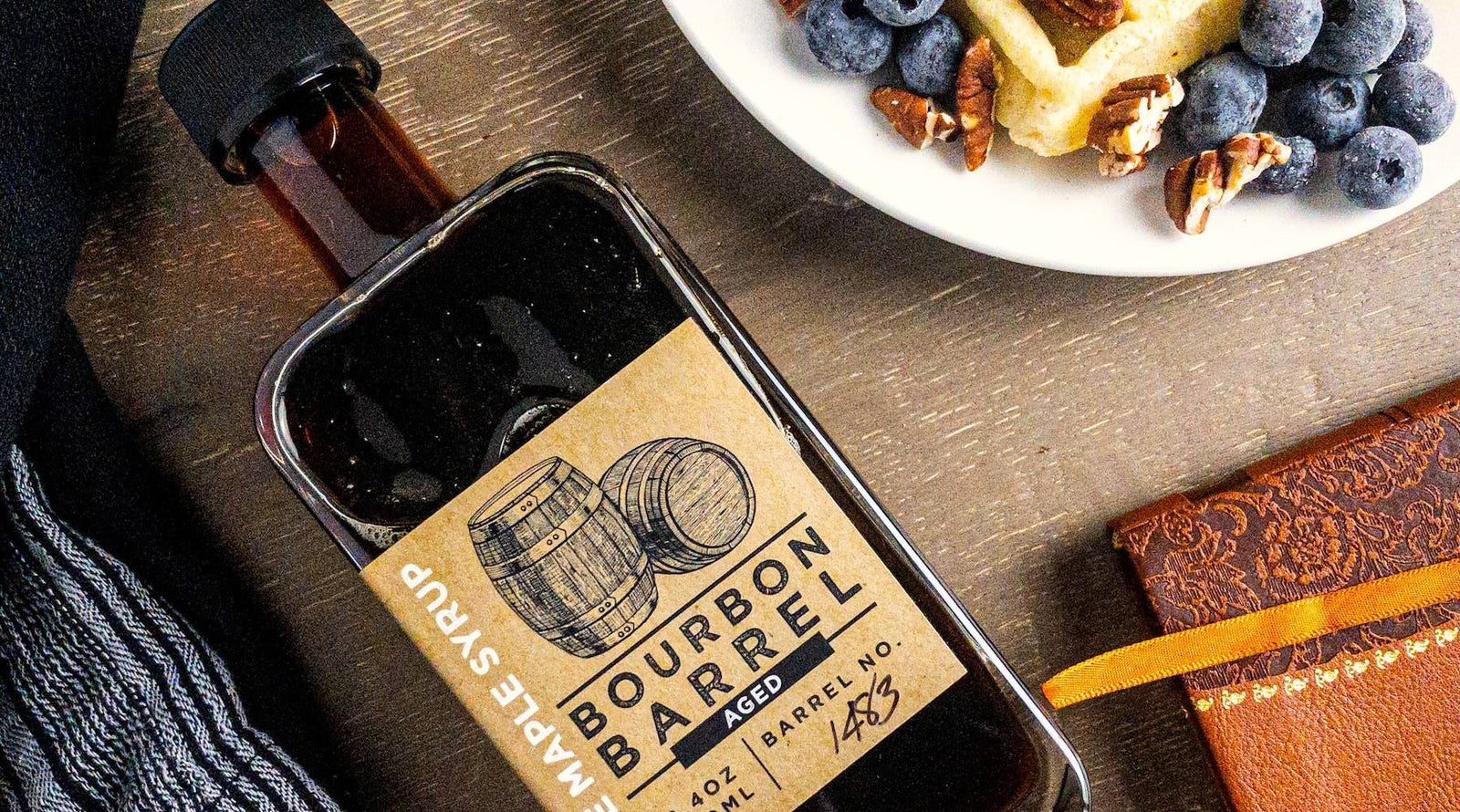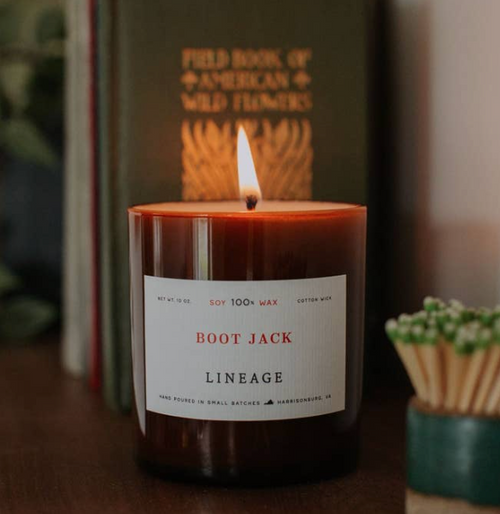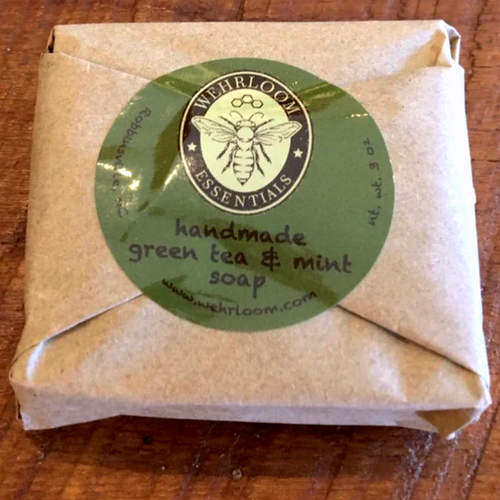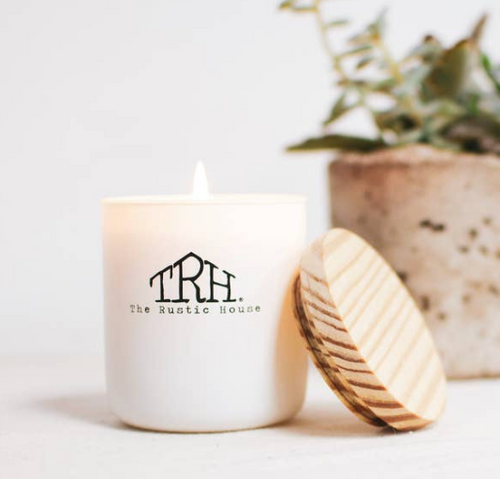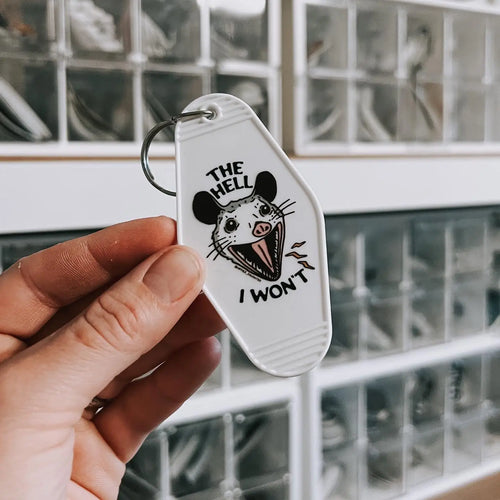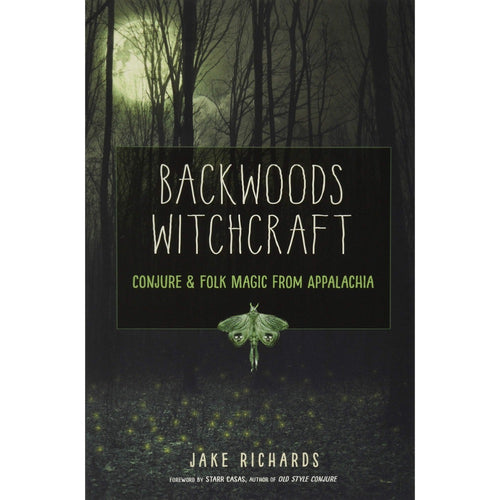
I'd been visiting family, traveling around. I didn't think it made sense to haul a frozen bird to every stop and ask, "Can I put this in your fridge," so I waited until the day before Thanksgiving to buy one.
Even at that late date, dozens of turkeys were left. They lied atop one another like cold stones, crammed in every which way, a jumbled heap of meat and bones. I thought, "This isn't that different from the way they lived."
I knew they were factory farmed, and I felt bad for them. Before arriving at the superstore, they'd been packed into small cages, contained to save costs and keep their muscles tenders, pumped full of antibiotics to compensate for unsanitary conditions. It's a nasty way to treat something you're going to consume. Still, I was down to hours before mealtime. I took one to the register and left thinking, "I should have done this differently."
This year, I might buy a free-range turkey, or if I want to go a step further, I could call Marie Morris. Her birds aren't contained by any fences. They live in their natural habitat and eat their native diet--mostly insects and wild plants. They might roam into someone's yard or stare at passing cars from the roadside, but otherwise, humans only enter their lives during their final moments.
Marie tells me, "I am one of the very few women who started a hunting guide business." She is the owner of Appalachia Adventures, a company that she founded as a joke.
"My former husband and a friend were standing in the parking lot of our local grocery store discussing hunting. My husband's friend advised that, since my husband loved hunting so much, he should start a hunting guide business. Well, the discussion kept going a while with me listening, and it seemed that my husband wasn't really interested, so I told the friend, 'Yes, I could do that!'"
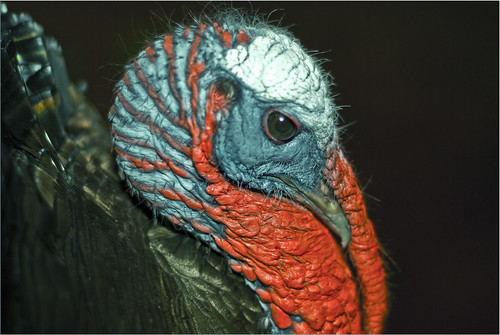
Within three years, she and her employees had emerged as some of the best guides in the Southeast. Drawing from Cherokee hunting traditions, they take customers deep into private and public hunting grounds where none of the animal's are fenced. Marie advertises that they are "free range" and "fair chase."
Turkeys are just the start. Her crew tracks razorback hogs, black bear, coyotes, rabbits, groundhogs, foxes; the list goes on and on. When asked which is hardest, Marie says, "The most challenging animal to hunt is the wild hog. It is one of the most intelligent animals in the woods. They can outsmart a dog and a human."
Like any good hunter, Marie can spot the opening for a story from a mile off. She launches into one about a hog. "One of the very strangest things I've ever seen was a former guide who let his legs get ahead of his brain on a hog hunt."
The guide was Gene Winkler, now deceased, whom she describes as a die hard hunter, the kind of man who was once bitten by a copperhead and kept hunting like it was a bee sting.
Marie and Winkler were in North Carolina's largest national forest--Nantahala--famous for its deep gorges and waterfalls. They'd been tracking a large boar, a wily one that evaded them for the longest time. Eventually their dogs caught it's scent and backed the animal up against a drainage pipe along an old logging road.
Lost in a moment of excitement, Winkler took off. "He was running towards the dogs, got to going a little too fast," she explains, "and fell off the road, right on top of the wild boar."

The razorback surfaced between the man's legs and went wild. It began ramming Winkler and slashed him with its sharp tusks. Winkler knew that trying to stand and escape was pointless. Instead, he stayed on the ground and managed to right his rifle.
"He shot the boar dead," says Marie, "and the boar's head fell right on top of his lap."
Marie assures me that most hunters don't end up straddling their game but that there is always an adventure with her guides.
True to the company's motto, she gives folks a chance to "hunt the wild side of the South," which in the era of prepackaged meat sounds not only exciting but humane.
Hunting your own turkey this year? Ever have a wild boar spear your nether regions? Post a comment here. We want to hear all about it!



